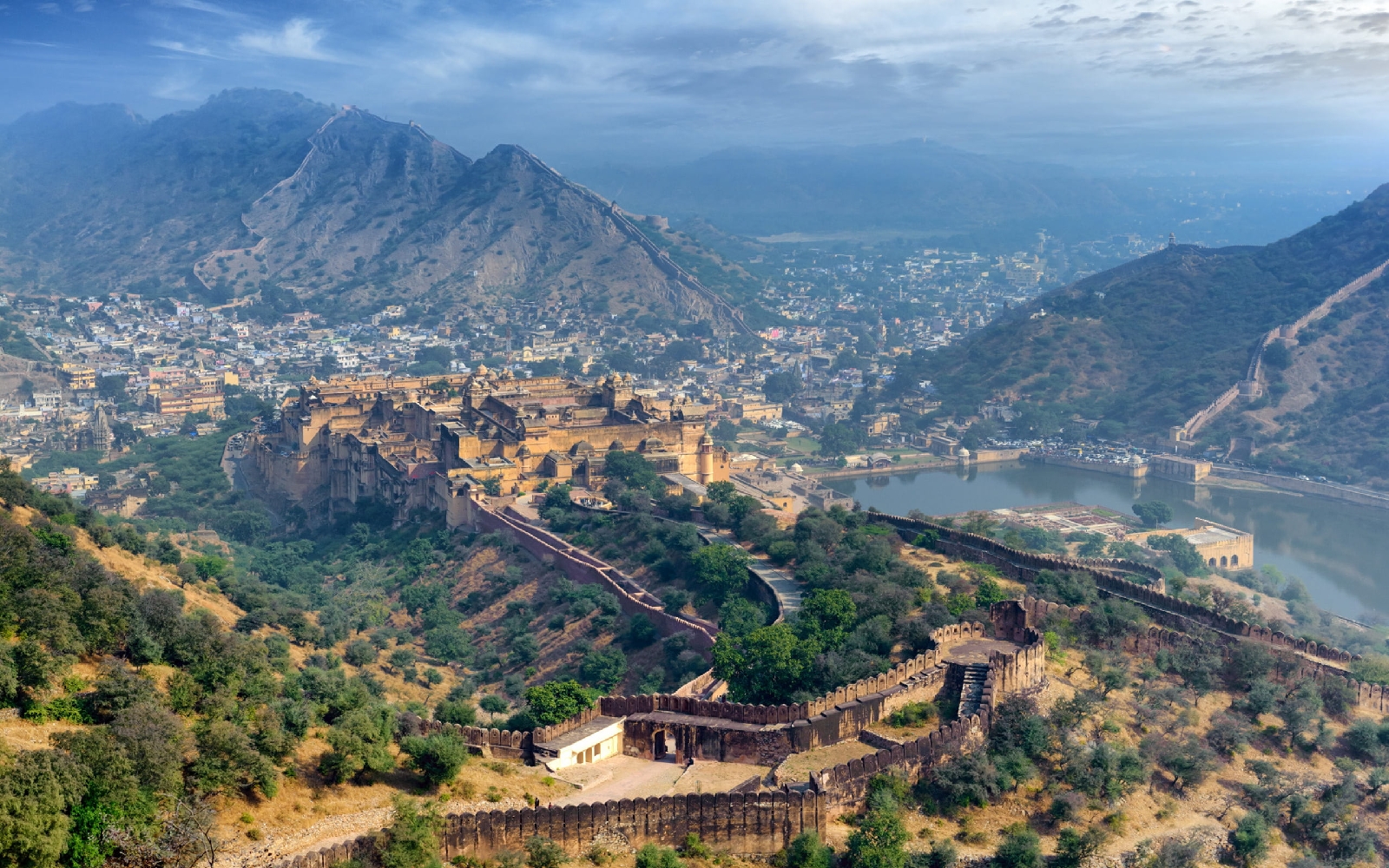Title: Unveiling the Enigmatic Saga of Emperor Ashoka the Great
Introduction:
In the annals of history, few figures have left as profound an impact as Emperor Ashoka, commonly known as Ashoka the Great. A legendary ruler of the Mauryan dynasty in ancient India, Ashoka's life and reign continue to fascinate historians, scholars, and enthusiasts alike. Often referred to as the "Samarat Ashok" or the "Great Ashoka," his transformation from a ruthless conqueror to a compassionate advocate of peace stands as a testament to the power of personal growth and introspection. Join me on a journey to explore the life and legacy of one of history's most remarkable figures.
1. Early Life and Ascension to the Throne:
Born around 304 BCE, Ashoka was the son of Emperor Bindusara and ascended to the throne in 268 BCE after a power struggle following his father's death. Initially known for his military prowess and expansionist ambitions, Ashoka led successful campaigns to enlarge the Mauryan Empire, conquering vast territories across the Indian subcontinent.
2. The Kalinga War and its Transformative Impact:
The Kalinga War of 261 BCE proved to be a pivotal moment in Ashoka's life. It was during this brutal conflict that he witnessed firsthand the horrors and devastation of war, which deeply affected him. Overwhelmed by remorse and a newfound desire for peace, Ashoka embraced Buddhism, a philosophy that espoused non-violence and compassion.
3. Ashoka's Edicts and Promotion of Buddhism:
With his conversion to Buddhism, Ashoka embarked on a mission to promote the principles of the faith and create a just and harmonious society. He erected numerous pillars and rock edicts across his empire, inscribed with his teachings and instructions for his subjects. These edicts emphasized social welfare, religious tolerance, and moral conduct, providing valuable insights into the political and social climate of the time.
4. Ashoka's Social Reforms and Welfare Measures:
Recognizing the importance of social harmony, Ashoka implemented progressive policies aimed at improving the lives of his subjects. He established hospitals and veterinary clinics, built roads and rest houses, and ensured the welfare of prisoners and animals. His policies promoted religious freedom and encouraged the growth of trade and commerce.
5. Ashoka's Legacy and Historical Impact:
Although Ashoka's empire declined after his death in 232 BCE, his legacy endured. His rock edicts were rediscovered in the 19th century, shedding light on his reign and providing valuable insights into ancient Indian history. Ashoka's conversion to Buddhism influenced the spread of the faith throughout Asia, leaving an indelible mark on the religious and cultural landscape of the region.
Conclusion:
The life and reign of Emperor Ashoka the Great represent a remarkable transformation from a ruthless conqueror to a benevolent ruler. His pursuit of peace, social welfare, and religious tolerance continues to inspire generations. As we delve into the intricate chapters of Ashoka's life, we are reminded of the power of personal growth, introspection, and the potential for positive change in the world. Emperor Ashoka, the Samarāt Ashok, will forever remain an emblem of compassion and enlightenment in the annals of history.



Comments
Post a Comment